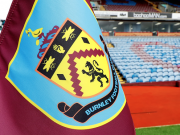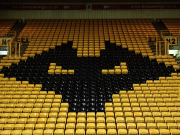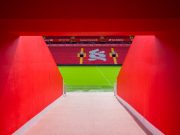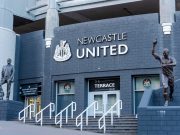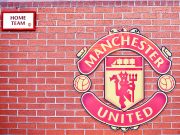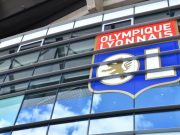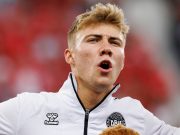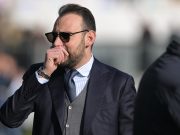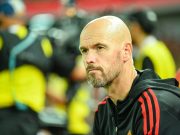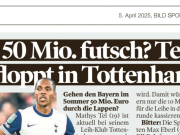Schalke are ready to put up a ‘fight’ to keep Sead Kolasinac from Arsenal this summer, but a permanent deal is hard for them to get done.
That’s according to BILD, who provide background on the potential move and what would need to happen for it to go through.
Kolasinac joined his former club on loan in the January transfer window to aid their fight against relegation, foregoing half of his wages to make the move happen.
The fight against relegation looks likely to end in vain, with the club stuck to the bottom of the Bundesliga table with little to no hope of escaping the situation.
That would see them relegated to the 2.Bundesliga and an overhaul of the squad, while loanees like Kolasinac would be sent back.
Several reports have indicated Schalke would like to keep Kolasinac if they can, but a deal is hard to get done, largely due to the finances.
BILD back that up today, explaining that sports director Peter Knäbel is ‘thinking about’ how he can keep Kolasinac at the club.
The situation is ‘complicated’, though, and even the messages coming out of the player’s camp are ‘conflicting’ at this moment in time.
The biggest issue is the finances. Kolasinac’s deal with Arsenal expires next summer but he is set for a pay increase at the Emirates, with his current €8.5m package set to rise to €9m.
That’s far too big for Schalke, meaning he would have to return to London for ‘financial reasons alone’.
There is also talk of Arsenal seeing him as ‘important’ once again, particularly with Kieran Tierney’s injury problems.
That’s the talk from the can’t do side, while the opposite say that Kolasinac would still be prepared to accept half his Arsenal salary to play for Schalke and that sponsors, such as building contractor Harfid Hadrovic, would take up 50% of those €4.5m wages.
Thus Schalke would only have to pay him €2.25m for the season, which would be far more attainable for them.
There’s also a suggestion that if Arsenal ‘sink into the grey mediocrity’ and have to save money, they could set up a ‘goodbye package’ and let Kolasinac go without a transfer fee and severance pay.
Either way, ‘a lot would have to fit’ for Kolasinac to make the move permanently, with Knäbel needing ‘creativity and external help’ to get the deal done.



